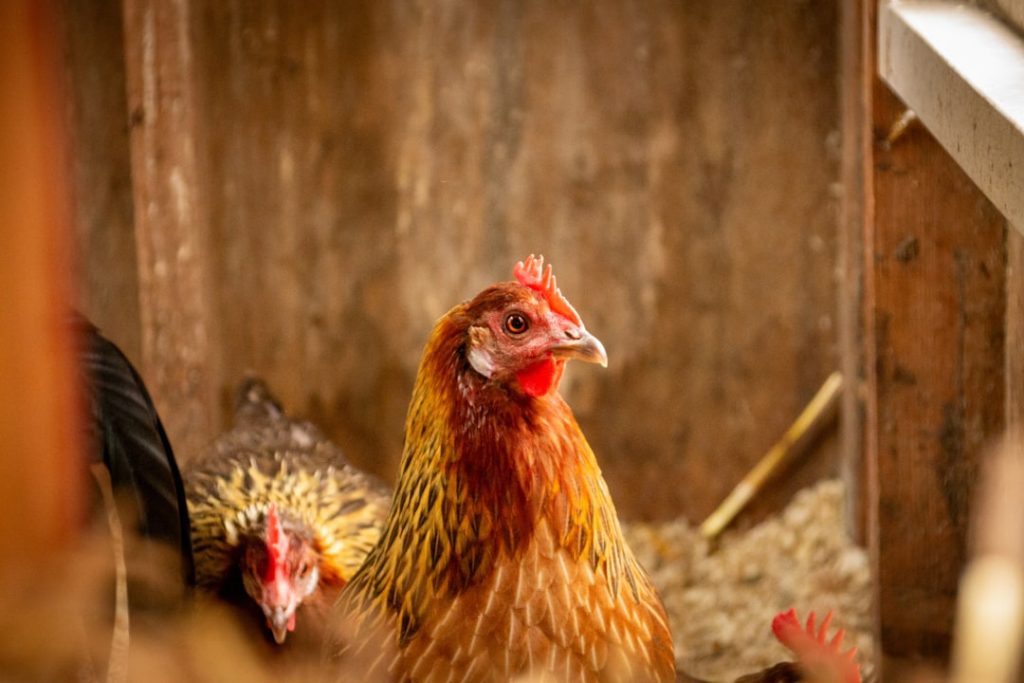When considering raising chickens on your property, it is essential to understand the local regulations and laws governing this activity. Municipalities and counties have diverse rules regarding chicken keeping, including limits on the number of birds permitted, specific coop requirements, and mandated distances from neighboring properties. Researching and familiarizing yourself with these regulations is crucial to ensure compliance with the law.
Additionally, some areas have specific zoning laws that determine whether chickens are allowed in certain residential zones. These regulations are implemented to maintain community order and prevent potential nuisances associated with chicken keeping. By understanding and adhering to these regulations, you can avoid legal issues and foster a harmonious relationship with neighbors and local authorities.
Table of Contents
- 1 Determining the Size of Your Property
- 2 Calculating the Space Requirements for Chickens
- 3 Considering the Noise and Odor Impact
- 4 Researching Zoning and Homeowner’s Association Rules
- 5 Consulting with Local Authorities
- 5.1 Raising Chickens on Your Property: What You Need to Know
Before bringing chickens onto your property, it’s essential to consult with local authorities, such as animal control officers or zoning officials. These individuals can provide valuable information about the specific regulations and requirements that apply to chicken keeping in your area.
- 5.2 Best Practices for a Healthy Operation
- 5.3 Fostering Positive Relationships
- 5.1 Raising Chickens on Your Property: What You Need to Know
- 6 Exploring Alternatives for Chicken Keeping
- 7 FAQs
Key Takeaways
- Local regulations vary and it’s important to understand the rules and restrictions in your area before keeping chickens.
- The size of your property will determine how many chickens you can keep and the type of coop you can build.
- Calculate the space requirements for chickens based on the number of birds you plan to keep and ensure they have enough room to roam and exercise.
- Consider the potential noise and odor impact of keeping chickens and how it may affect your neighbors.
- Research zoning and homeowner’s association rules to ensure compliance with any additional regulations or restrictions.
- Consult with local authorities, such as animal control or zoning departments, to clarify any questions or concerns about keeping chickens.
- Explore alternative options for chicken keeping, such as community gardens or urban farming programs, if local regulations or property size limitations are prohibitive.
Determining the Size of Your Property
Impact on Neighbors
The size of your property also has a significant impact on your neighbors, especially if you live in close proximity to other homes. It’s essential to think about how keeping chickens may affect those around you, ensuring that you’re not causing any disturbances or issues.
Optimizing Living Conditions
By carefully evaluating your property’s size, you can make informed decisions about the number of chickens you can keep and ensure their living conditions are optimal. This assessment will help you create a suitable environment for your chickens, meeting their needs and promoting their health and well-being.
Informed Decision-Making
Ultimately, assessing your property’s space is crucial for responsible and successful chicken keeping. By doing so, you’ll be able to make informed decisions about the number of chickens you can keep, the type of coop and run you can build, and how to minimize any potential impact on your neighbors.
Calculating the Space Requirements for Chickens

When planning to raise chickens, it is important to calculate the space requirements for these birds. Chickens need ample space to roam, scratch, and forage, as well as a secure coop for roosting and laying eggs. The general rule of thumb is to provide at least 2-3 square feet of coop space per chicken, and 8-10 square feet of outdoor space per bird.
It is also important to consider the space requirements for any additional structures such as a run or fenced area for the chickens to roam freely. By accurately calculating the space requirements for chickens, you can ensure that they have enough room to live comfortably and exhibit natural behaviors. Furthermore, providing adequate space for your chickens can help prevent overcrowding, which can lead to stress, aggression, and health issues among the flock.
By prioritizing space requirements, you can create a healthy and sustainable environment for your chickens to thrive.
Considering the Noise and Odor Impact
One important aspect to consider when raising chickens is the potential impact of noise and odor on your neighbors. Chickens are known to be noisy animals, especially when they are laying eggs or feeling threatened. Additionally, chicken coops can produce odors from droppings and bedding materials.
It is crucial to be mindful of how these factors may affect those living nearby. To mitigate noise disturbances, it is important to position the coop in a location that is not directly adjacent to neighboring properties. Additionally, investing in soundproofing materials for the coop can help reduce noise levels.
When it comes to odor control, regular cleaning and proper ventilation in the coop can help minimize any unpleasant smells. By considering the potential noise and odor impact of raising chickens, you can take proactive measures to be a considerate neighbor and ensure that your chicken keeping activities do not disrupt the peace and tranquility of the community.
Researching Zoning and Homeowner’s Association Rules
In addition to local regulations, it is important to research any specific zoning laws or homeowner’s association rules that may apply to your property. Zoning laws are put in place by local governments to regulate land use and development, including the keeping of animals such as chickens. Similarly, homeowner’s associations often have their own set of rules and regulations that homeowners must adhere to.
By thoroughly researching these additional rules and regulations, you can gain a comprehensive understanding of what is allowed on your property. This knowledge will help you make informed decisions about whether or not raising chickens is feasible within the parameters set by these governing bodies. Furthermore, being aware of zoning and homeowner’s association rules can help you navigate any potential challenges or restrictions that may arise when seeking approval for chicken keeping.
By proactively addressing these regulations, you can ensure a smooth and compliant process for raising chickens on your property.








